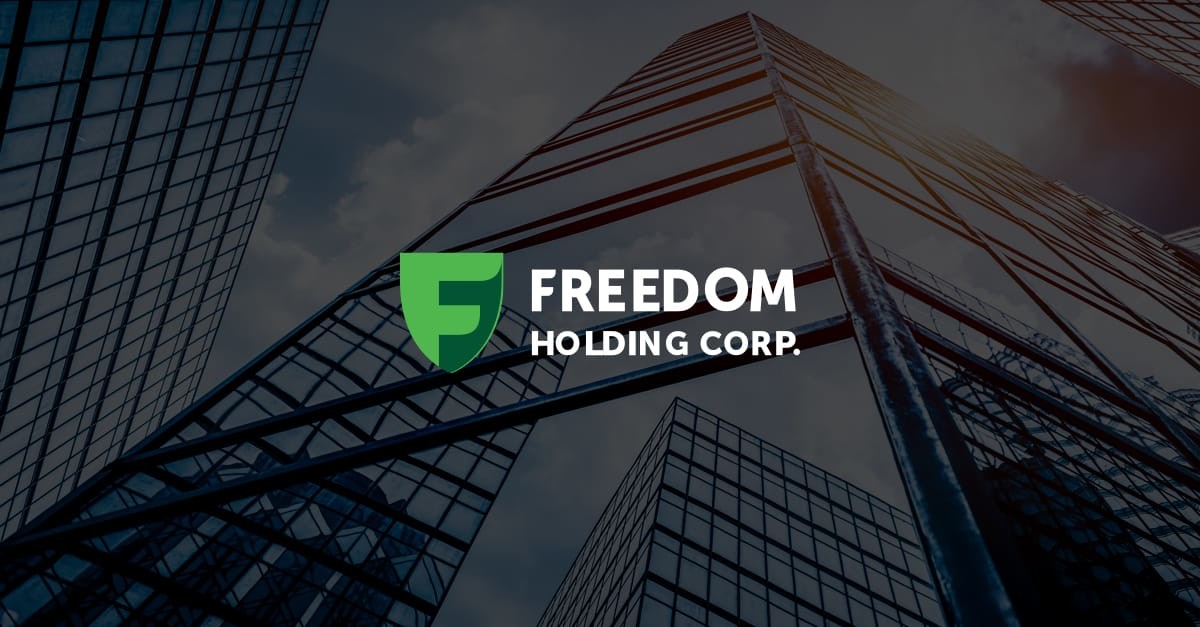Launching a trucking business is an exciting venture that promises autonomy, growth potential, and a front-row seat to the heartbeat of commerce. Yet before you hit the road, understanding the startup costs is crucial. From licensing and authority fees to equipment outlays and insurance premiums, the initial investment can vary widely based on fleet size, service niche, and geographic coverage.
Acquiring your USDOT number and Motor Carrier (MC) authority is often the first step. Filing fees with the Federal Motor Carrier Safety Administration (FMCSA) currently run around $300, plus additional costs if you hire a compliance consultant to guide you through the paperwork. In many states, you’ll need to register your business entity—an LLC or corporation—which can add another $150 to $500 depending on filing fees and professional services truckstaff.us/services/trucking-business/startup-costs/.
Next comes insurance, one of the largest recurring expenses. New carriers with fresh authority typically face high premiums, often between $8,000 and $12,000 per truck per year for liability and cargo coverage. If you lease a used tractor-trailer combination, you might see annual insurance costs of $10,000 to $15,000 per power unit until you build a safety record. As your authority “ages,” insurers often lower rates, but plan for substantial upfront deposits or annual premiums to secure coverage.
Equipment costs vary by whether you buy or lease your trucks and trailers. A used Class 8 tractor can cost anywhere from $40,000 to $70,000, while late-model sleeper tractors may push $100,000 or more. Trailers add another $20,000 to $30,000 apiece. Leasing options help spread out cash requirements, but monthly lease payments of $1,200 to $2,000 per tractor-trailer set should be factored into your operating budget.
Don’t overlook operational necessities such as electronic logging devices (ELDs), which cost around $200 for hardware plus monthly subscription fees near $30 per unit. Fuel cards, GPS tracking, and load-planning software can total another $50 to $100 per truck each month, depending on service levels and integration features.
Other startup considerations include safety and compliance programs. You may choose to subscribe to a carrier monitoring service—at roughly $30 per month—to track your safety score, CSA violations, and audit readiness. Additionally, factoring in working capital for fuel advances, permit renewals, and unexpected detention or breakdown costs is wise; setting aside a contingency fund equal to one month’s operating expenses can provide a financial buffer.
Building a small fleet of three trucks, for example, might demand an initial outlay of $350,000 to $450,000 if you purchase used equipment, plus first-year insurance and licensing fees of $50,000 to $70,000. Leasing could reduce cash needs to perhaps $100,000 upfront, but your monthly obligations will rise.
While startup costs in trucking are substantial, careful planning and realistic budgeting pave the way for sustainable operations. By mapping out licensing, insurance, equipment, and technology expenses—and maintaining a contingency reserve—you position your new trucking company to navigate its first miles with confidence and resilience.




